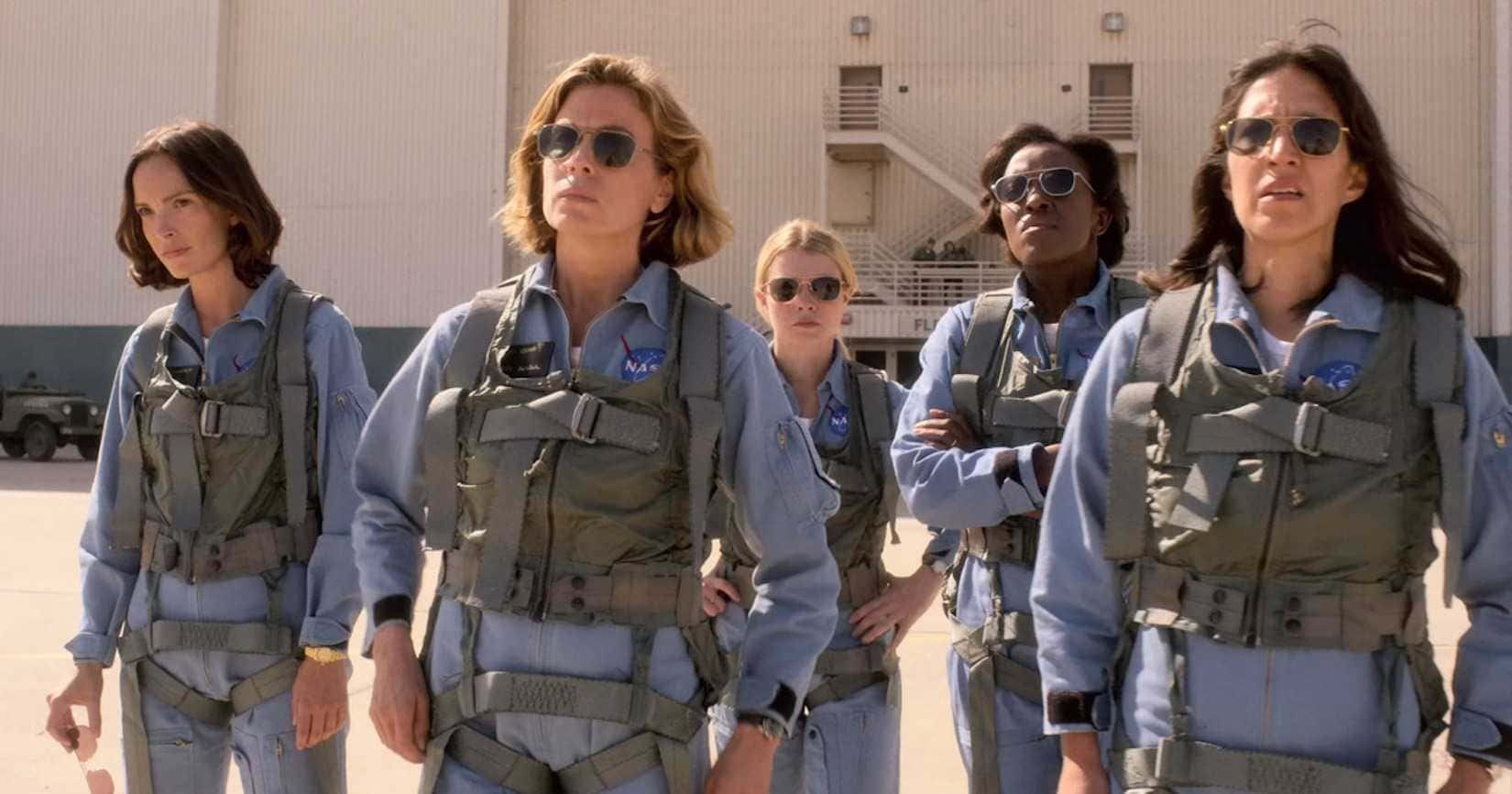'For All Mankind' Season 1 suggests the Soviets winning the moon race could have made humanity more progressive

(Spoilers ahead for 'For All Mankind' Episodes 1, 2, and 3)
Apple TV+ has launched a brand new series with a "What If?" premise that's extremely interesting. In 'For All Mankind', the Soviets beat NASA in the race to the Moon and so far it looks like it might have been the best thing to happen to humanity.
The fact that the Apollo 12 mission blasting off as underdogs allows for some inspired dialogue and when Neil Armstrong (Jeff Branson) finally sets foot on the Moon, his words and NASA's approach are both charged with a sense of humility. This is a group of people who have been beaten but who refuse to give up just yet.
In this alternate world, the Soviet moon landing causes President Richard Nixon to make the Space Race a top priority and as a consequence, we see NASA's space program advance by leaps and bounds. Lunar outposts, an idea that is only now being pursued seriously by space programs around the world, immediately become the next step in the Space Race and by the end of Episode 3, there's even the possibility that NASA might be able to set up a cosmic waystation on the Moon, a launchpad to the stars.
Humanity's advances on the show aren't just technological and there are some interesting cultural shifts caused by the historic reversal, like the fact that NASA becomes more willing to include women in its workforce with Margo Madison (Wrenn Schmidt) becoming the first woman in Mission Control. More progress soon follow when the Soviets, hot on the heels of their Moon Landing, manage to land the first female cosmonaut on the Moon.

This causes the Nixon administration to push for an American female astronaut to land on the Moon as well, to show that NASA isn't behind the times. However, that doesn't mean Nixon has suddenly become a champion of feminism. The sole goal of the initiative is to take someone attractive, someone pretty enough to be a poster girl for NASA, and turn her into a national hero so that Nixon can improve his approval ratings with women voters.
Despite the clear objectification and the military involvement in the space program, these initiatives are baby steps on the path to progress and the fact that the world could arrive at these milestones so early on is commendable. Ironically enough, the Soviet Union winning the Cold War kept the governments of both countries heavily invested in space and helped draw humanity's eyes up to the stars, the future, and everything they may one day achieve and that's an outlook that's sorely missing in the world today.
'For All Mankind' Episode 4 will arrive on Apple TV+ on November 8.










